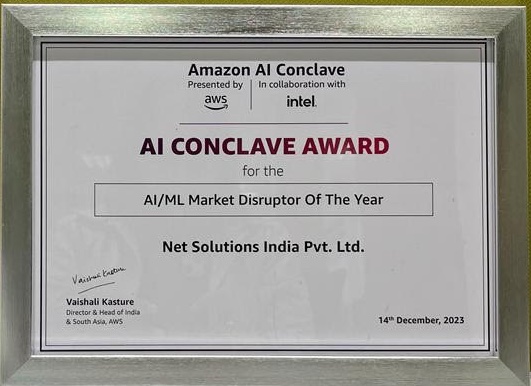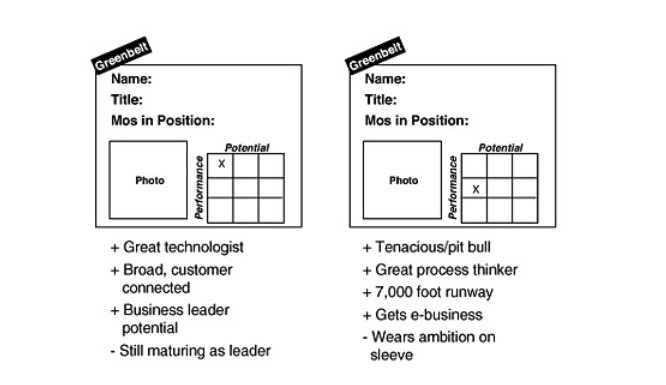A lot of companies have vision statements and say their cultures are based on values. They might even hang those vision statements in the office. Many of these values are so generic that they can be used by any company. Even companies with very specific mission statements and principles might have trouble articulating these values, let alone living them every day.
Amazon, however, comes across differently. They’re known for their leadership principles. When candidates apply, they’re tested on how well they adhere to these principles. I coached a candidate to get into Amazon, so I know how rigorous the hiring process is in validating leadership experience. I’ve often wondered if these principles just exist on paper or if they’re actually part of the culture. I got my answer recently.
As a CTO, I come across sales leaders and sales-support leaders from numerous organizations, both large and small. Compared to others, my partnership with Amazon stands out. Two people I interacted with from Amazon Web Services (AWS) exemplified customer obsession, a core Amazon leadership principle — Anisha and Sanjeev.
Let me give you couple of examples.
Few months back I got an email from Anisha, introducing herself as an account manager, my initial instinct was to dismiss it. I often receive similar messages from various partners, and more often than not, their goal is simply to sell more services rather than genuinely helping me. Typically, when I inquire about specific services, I’m directed towards documentation that I’ve already read. Despite this, I decided to reply back to Anisha due to our substantial dealings with AWS.
I replied with two requests:
• Information on AWS’s new ML services
• How these services can help our developers as well as our customers
To my surprise, within 15 minutes Anisha responded with an offer to call me or set up a demo session with her technical team. Impressed by her helpful and immediate response, I provided her with my phone number, and she promptly called me to discuss how her team could assist us. Note that this was without any sales pitch.
Eager to explore two issues—how our employees could use ML models and what we could do for our customers using ML—she scheduled a meeting with a technical architect, Sanjeev. He agreed to conduct a session on enhancing developer productivity through ML and addressed the questions of my tech team for nearly an hour. I have never seen my team members so enthusiastic in any training sessions. That would’ve been the perfect moment to sell us Code Whisperer licences, but Anisha generously offered free licenses for three months so we could test the service ourselves.
Curious about their other offerings, I inquired about additional services we could utilize. Both Sanjeev and Anisha explained different services that we could use for solving a problem we were trying to solve for one of our customer. Once the problem and scope was clear, without hesitation, Sanjeev offered to build a proof of concept (POC) for us. However, I insisted that as a services company, we should be the ones to build it and asked for his assistance instead. For the next four weeks, Sanjeev dedicated himself to weekly calls, discussing the intricacies of the problem we aimed to solve, our approach, and the services required.
By the end of that POC period, we had successfully completed it and presented it to our customer – who was delighted with the outcome. Throughout the entire four-week process, there was never a sales pitch; their focus was solely on helping us build what we needed for our client.
Sometimes it felt like we were their only customers, even though I know that is not true. Whenever I expressed my gratitude, Anisha replied, “customer obsession is ingrained into us.” Both of them manifested customer obsession – a key leadership principle at Amazon. Anisha even nominated our solution for an AWS award. We won.
It’s refreshing to see employees embody and live by company values. After nearly half a year working with them, I’m still amazed by their unwavering commitment to customer satisfaction. I’m curious how Amazon instills leadership principles.

